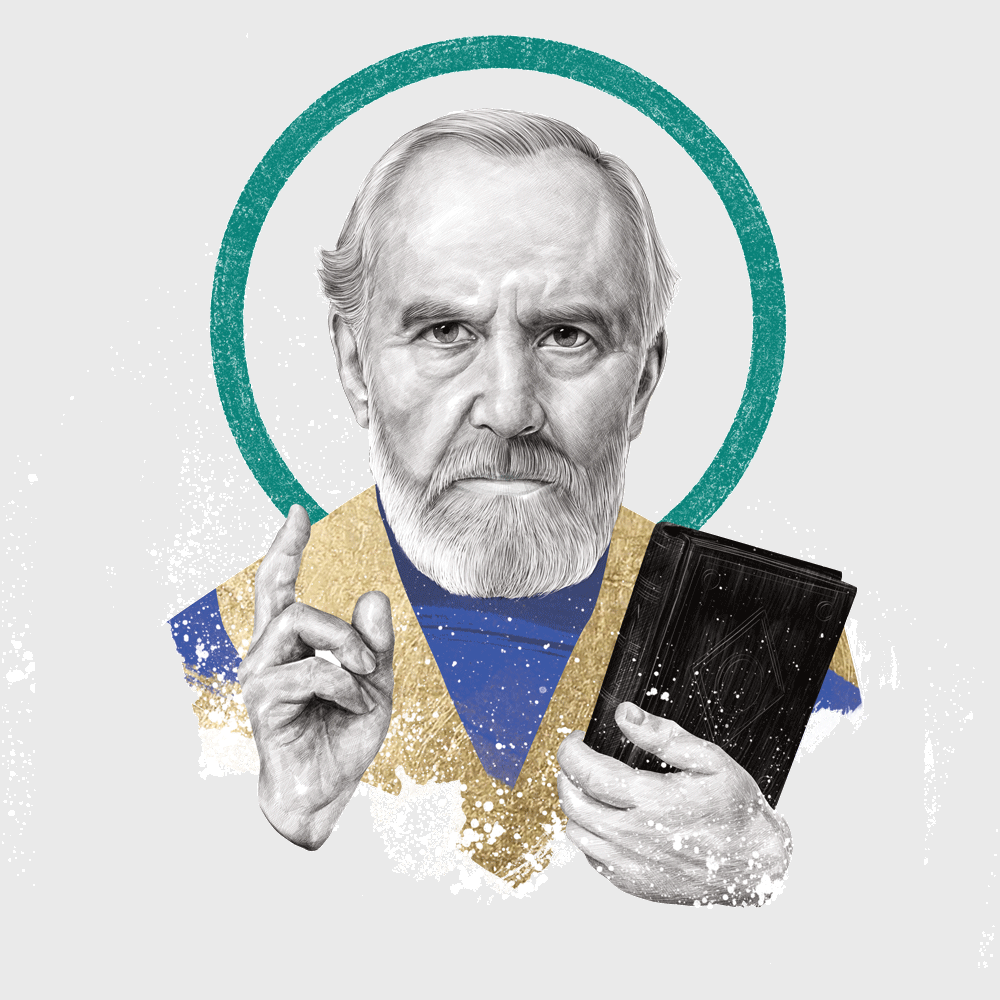William Tyndale
William Tyndale’s writings had a profound influence on English politics.
“There is no work better than another to please God: to pour water, to wash dishes, to be a souter (shoe maker), or an apostle, all is one; to wash dishes and to preach is all one, as touching the deed, to please God.” –William Tyndale
Several years ago, some teachers in Kerman, CA wrote letters to some very well-known people around the world—people from various walks of life: scientists, world leaders and sports figures. They petitioned only one request—a pair of their old shoes! The school system had decided to display these shoes and tell what these people had accomplished. This would be a running theme throughout the school year. The challenge for the students was this: “In whose shoes would you walk tomorrow?”
That’s a great question! Today’s article focuses on an individual who made a profound impact on the Church. One with big shoes to fill.
When the Protestant Reformation is mentioned, no doubt the name Martin Luther comes to mind. Luther launched the Reformation with the posting of his 95 Theses on the Wittenberg Church door on October 31, 1517. However, it was a lesser-known scholar who paved the way for Luther and the other reformers. William Tyndale (1494-1536) provided the foundation for the Reformation through his translation of the Bible into English, an act that led to his execution.
William Tyndale was born in Stinchcombe, England and educated at the University of Oxford, Hertford College, and the University of Cambridge. As a reformer, he established many “Firsts” in his 42 years of life. His translation was the first English Bible based directly from the Hebrew and Greek texts, the first English translation to be produced via the printing press, the first of the English Bibles of the Reformation and the first English translation to use “Jehovah” as God’s name as preferred by English Protestant Reformers.
In addition to his Bible translation, Tyndale’s writings had a profound influence on English politics. Many historians believe that his publication, “The Obedience of a Christian Man” (1528), argued that the king of a country should be the head of that country’s church rather than the pope. King Henry VIII (1509-1547), read the publication, and it helped provide rationale for establishing the Church of England and breaking from the Catholic Church in 1534.
Henry VIII, at the same time, grew furious with Tyndale who openly opposed his marriage annulment to Anne Boleyn. In 1535, Tyndale fled to Belgium where he was arrested and jailed for over a year. He was convicted of heresy and executed by strangulation, after which his body was burned at the stake. His dying prayer was that the King of England’s eyes would be opened. Ironically, Tyndale’s prayer was fulfilled when one year after his death, King Henry VIII authorized the publication of the Matthew Bible, which was largely Tyndale’s translation.
In 1611, King James I of England authorized what would be known as the King James Version of the Bible (KJV). The 47 scholars who translated the Bible into English, drew significantly from Tyndale’s original works. Biblical scholars estimate that the King James Version of the New Testament is 83 percent Tyndale’s words and the Old Testament 76 percent.
So What?
In whose shoes would you walk tomorrow? What’s holding you back? Are you willing to live up to Jesus’s statement to the disciples, “Whoever wants to be my disciple must deny themselves and take up his cross and follow me?”(Matthew 16:24).



